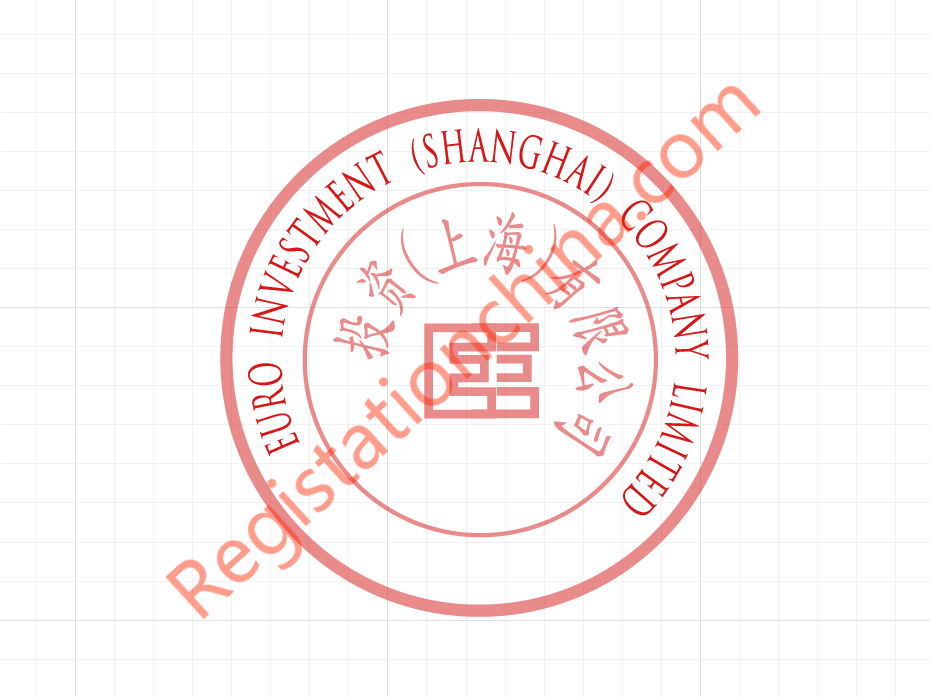Contents
In the complex world of corporate operations, signatures and seals galore. In China, the company seal, also known as the company chop, plays a critical role in the daily operations and legal validation of documents. This seal is considered a symbol of the company’s legal identity and is required for executing contracts, issuing official invoices, and conducting other formal business activities. Its use is tightly regulated by Chinese law, which mandates that every company must have a seal registered with the local government to ensure authenticity and prevent unauthorized use. The importance of the company seal in China cannot be overstated, as it essentially acts as the binding signature of the company.
However, not all imprints carry the same weight across the globe. In China, for instance, the company seal—or ‘chop’ as it is colloquially known—holds a place of honor, a far cry from the emphasis on signatures in the Western business canon.
The Centrality of China Company Seal
Contrary to the Western preference for the flourish of a pen, Chinese corporate culture venerates the company seal with unmatched reverence. This esteem isn’t arbitrary; it stems from a long history where emblems and seals conveyed authority and authenticity. Today, the company seal’s significance surpasses a mere stamp of approval—it is a symbol of corporate existence and identity.
In essence, a company without a seal in China is akin to a knight without armor—underdressed and underpowered. This cultural contrast underscores a company seal’s indispensability in the East—a non-negotiable cornerstone of the corporate structure.
The Hierarchy of China Company Seals: The Quadruple Pillars
Among the pantheon of seals, there are four that stand paramount in every Chinese business: the Company Seal, Financial Seal, Invoice Seal, and Legal Representative Seal. Each has its distinctive domain, collectively ensuring the company’s orderly functioning.
The Company Stamp
Consider the Company Stamp the monarch of the seal family. Legal contracts morph from mere papers to binding agreements under their embossment. Without the stamp, contracts in China lack legal vigor, rendering them virtually ineffectual.
The Financial Seal
Next in the line of command is the Financial Seal. This chop is the gatekeeper of fiscal affairs, ensuring that monetary transactions are safeguarded with its mark. It controls the purse strings, so to speak, and without it, financial documents simply do not possess any binding financial authority.
The Invoice (Fapian) Seal
Enter the Invoice Seal—a specialist in ensuring invoices, or ‘fapiaos,’ which are official tax documents, are vetted and validated. A fapiao carries significant heft as it is integral to the tax system, reinforcing fiscal compliance and transparency.
The Legal Representative Seal
The fourth pillar—the Legal Representative Seal—bears the personal cachet of the company’s designated representative. Armed with legal might, this seal is a personal avatar, embodying the authority to sign off on major corporate decisions.
A Different Stroke for WFOE
The narrative swerves a tad when it comes to Wholly Foreign-Owned Enterprises (WFOEs) in China. These foreign knights in the Chinese corporate round table carry a different shield—a seal that can bear English alongside the traditional Chinese characters, deviating from the local custom of Chinese-only seals. Moreover, WFOEs don’t have the five-pointed star that only local Chinese companies chops.
China Company Seal: Legalities in Seal Creation
The fabrication of seals isn’t a free-for-all craft. It’s a regulated art, bound by legalities and overseen by sanctioned departments. Companies can’t whimsically create a seal at a local market. They must engage a licensed manufacturer, ensuring all seals meet the stringent guidelines laid down by Chinese law.
The Role of GWBMA
As an agent, GWBMA offers a hand not just in acquiring these crucial aspects of one’s business identity but also in ensuring that the process is secure and compliant with the intricate tapestry of Chinese corporate norms. They serve as the bridge between international entities and local mandates, facilitating the seamless integration of global business practices with Chinese legal and cultural expectations.
Conclusion:
Seals and stamps may seem archaic in a digital world; however, in the cosmos of Chinese business, they pulsate with relevance and authority. It’s not an overstatement to say that the integrity and operational efficacy of a Chinese company is encapsulated within the confines of its seal’s imprint—a testament to the enduring sway of tradition over modernity.
As global businesses look towards China, an understanding and respect for the sacredness of the company seal must be paramount. For within its grasp lies the power to bind contracts, transact wealth, ensure tax compliance, and symbolize personal authority—making it not just a tool, but a totem of trust and corporate vitality.



